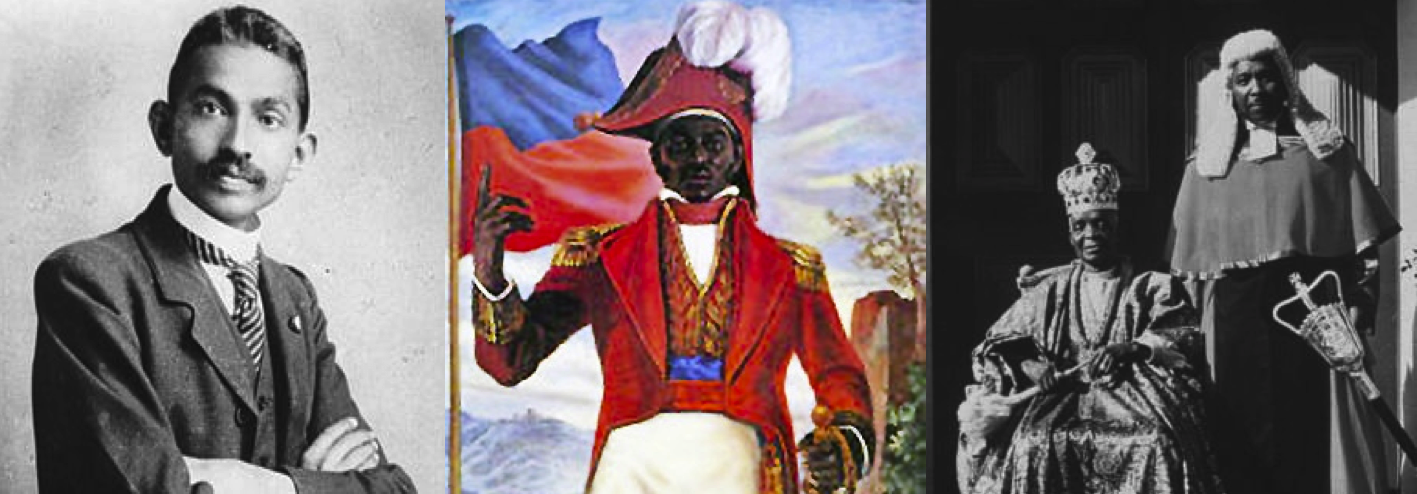Lynn Zastoupil is Professor of History at Rhodes College. His work focuses on the intellectual encounters produced by European imperialism. His first book, John Stuart Mill and India (1994) examines Mill’s career in the London offices of the East India Company, and traces parallels between his views about administering India and his own intellectual development. This book was followed by an edited volume with Douglass Peers and Martin Moir on J. S. Mill’s Encounter With India (1999), which includes as contribution arguing that the submerged voices of Indians can be found in the imperial discourse that influenced Mill’s thinking on education, public opinion, and the role of women.
His most recent book is Rommohun Roy and The Making of Victorian Britain (2010), which examines Rommohun’s visit to England in the early 1830s. Famous to South Asians as a social/religious reformer and early nationalist, Rammohun was also a celebrity in Britain and the American republic by the 1820s. This book examines the reasons for his fame, using these to trace key developments in religion, political reform, and early feminism among contemporary Britons. The book explores how Rammohun sought to provincialize England by criticizing its slow progress towards rational religion and by praising republican nations such as the United States.
Bonny Ibhawoh teaches African, global and human rights history in the Department of History at McMaster University, Canada, where he is currently Associate Dean of Graduate Studies and Research for the Humanities. He also teaches in the McMaster Institute on Globalization and the Human Condition and in the McMaster Centre for Peace Studies, where he was formerly Director. He has taught in Universities in Africa, Europe and North America including the Department of Political Science at the University of North Carolina at Asheville, and has been a Human Rights Fellow at the Carnegie Council for Ethics and International Affairs, New York and at the Danish Institute for Human Rights, Copenhagen. He is the author of Imperialism and Human Rights (2007) which was named a CHOICE Outstanding Academic Title.
His most recent book is Imperial Justice: Africans in Empire’s Court (Oxford, 2013). This book explores judicial governance and the adjudication of colonial difference in British Africa. Focusing on the Judicial Committee of the Privy Council and the regional Appeal Courts for West Africa and East Africa, the book examines the tensions that permeated the colonial legal system in upholding standards of British justice while at the same time allowing for local customary divergence. Meeting these divergent goals required flexibility in colonial law-making as well as in the administration of justice. In the paradox of integration and differentiation, imperial power and local cultures were not always in conflict but were sometimes complementary and mutually reinforcing.
Generously sponsored by the College of Arts and Sciences, the Department of Political Science, the Department of History, the Department of Philosophy, the Department of Romance Languages, the Department of Anthropology, International Studies, African Studies, Asian Studies, Latin American Studies, European Studies, Center for Latina/o and Latin American Studies, and the School of Law.
